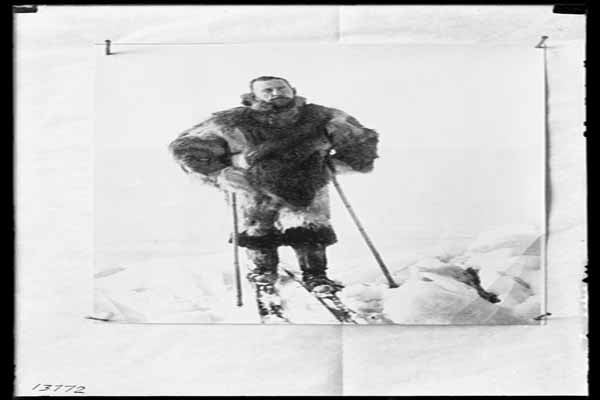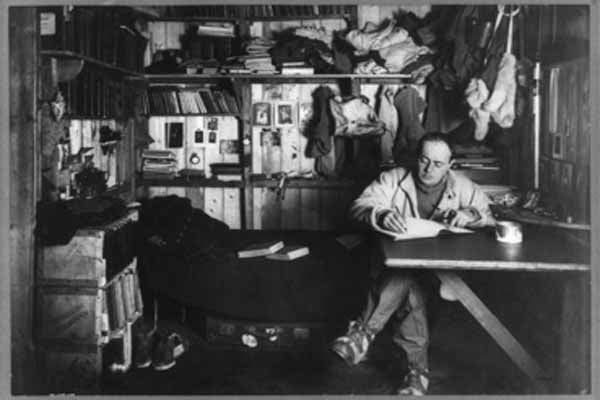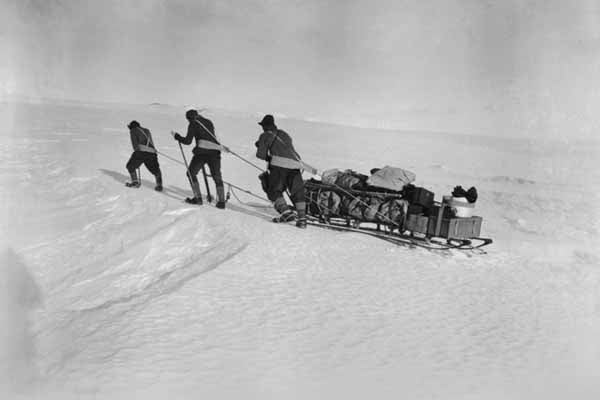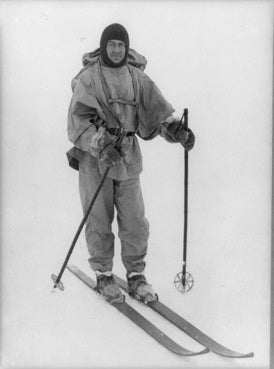In race to the South Pole, losing team left lasting scientific legacy
A hundred years ago, Norwegian explorer Roald Amundsen and four companions became the first to reach the South Pole. Three months later, a British team that had been vying for the same prize perished on the ice.
Amundsen, a professional explorer, staffed his team with expert dog mushers to reach the pole first. Robert Falcon Scott declared his expedition primarily scientific in nature.
“He carried along scientists … people who would make no contribution to getting to the pole, and for that reason used resources he wouldn’t necessarily have needed,” said Ross MacPhee, author of “Race to The End” and curator at the American Museum of Natural History in New York.
Scott’s focus on science instead of efficiency indirectly contributed to his eventual demise. He famously asked his already exhausted men to collect and carry 30 extra pounds of geological samples.
Even though they missed the “first to the pole” honor and perished on the ice, MacPhee said the Scott team ultimately contributed more to science than the Amundsen team.
Climate-change scientists in modern times have used data gathered by Scott’s meteorologist to provide historical temperature records.
And the reports that surviving members of the team published after their expedition served as the basis for future scientific inquiry on the continent.
“Those (reports) represented the very first body of really carefully collected data about Antarctica, and it’s on that base that everything else that we’ve done in the intervening 100-odd years has been situated,” MacPhee said.
Today, MacPhee said Antarctica is home to more than 40 permanent research operations. Scientists study everything from climate change to satellite communications.
Ross MacPhee will lecture on his book, “Race to The End,” Wednesday at 6:30 p.m. at the Academy of Natural Sciences in Philadelphia.
WHYY is your source for fact-based, in-depth journalism and information. As a nonprofit organization, we rely on financial support from readers like you. Please give today.
















